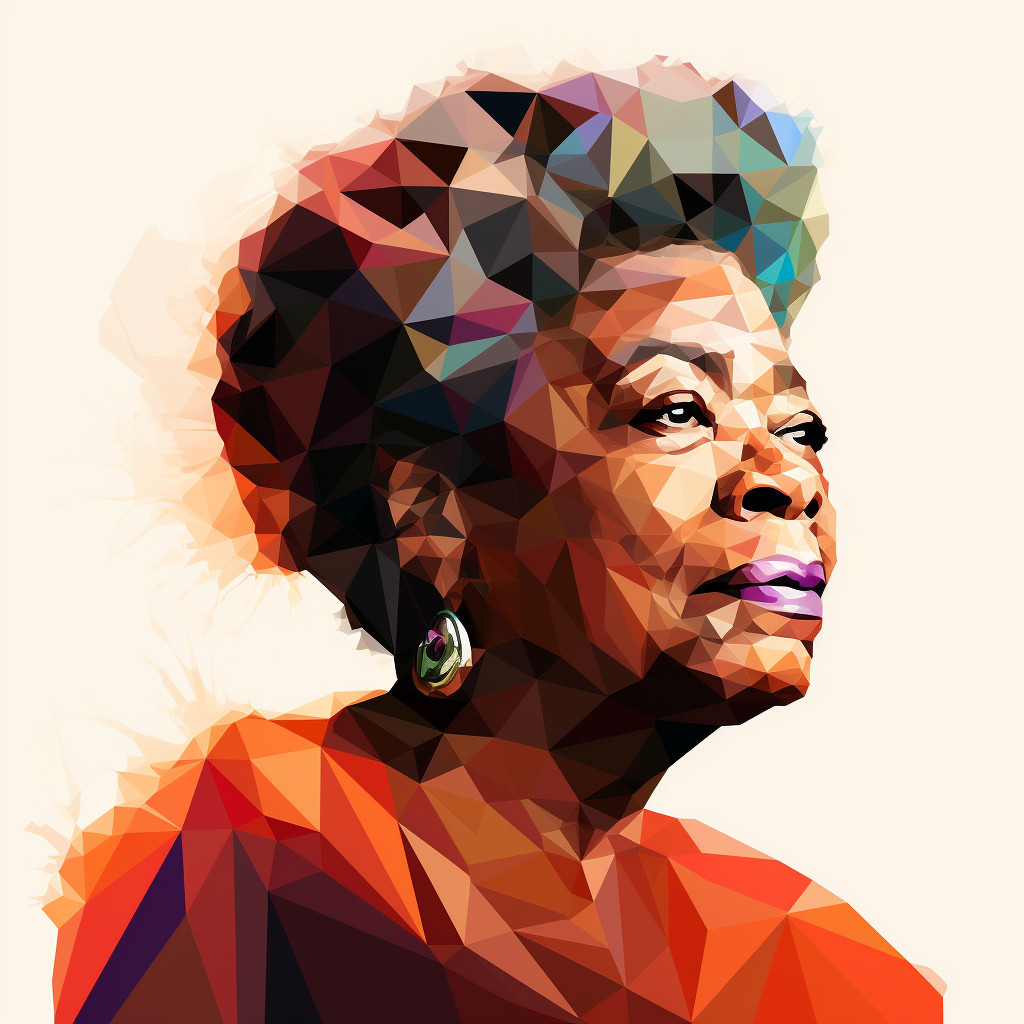This quote emphasizes the importance of self-worth and individuality. It’s a powerful reminder that each person, in their uniqueness, is complete and sufficient. It rejects the common notion that we need to constantly prove ourselves to others, to meet external standards or expectations to be considered valuable or successful. This idea can be liberating, as it releases us from the pressure of constantly seeking external validation.
The first part, “You alone are enough”, underscores the concept of self-sufficiency. It implies that we do not need to rely on anything or anyone else to validate our worth or existence. This is a call to recognize and appreciate our intrinsic value, independent of external factors like achievements, status, or approval from others.
The second part, “You have nothing to prove to anybody”, further reinforces this idea. It challenges the societal norm that individuals must continually demonstrate their worth or compete with others. This part of the quote encourages us to live authentically, without the need to impress or prove ourselves to anyone else.
In today’s world, where social media often amplifies the pressure to conform to certain standards or ideals, this quote is particularly relevant. It reminds us not to define our self-worth based on likes, shares, or comments, but rather on our intrinsic value as individuals. It encourages us to be true to ourselves, to honor our unique qualities and experiences, and to be content with who we are.
In terms of personal development, this quote can serve as a mantra for self-acceptance and self-love. It suggests that personal growth should not be driven by the desire to meet external expectations, but by the desire to fulfill our own potential. It encourages us to focus on our personal journey, to celebrate our progress, and to be patient with ourselves. It reminds us that we are enough just as we are, and that we should strive for improvement for our own satisfaction and not to prove anything to others.









